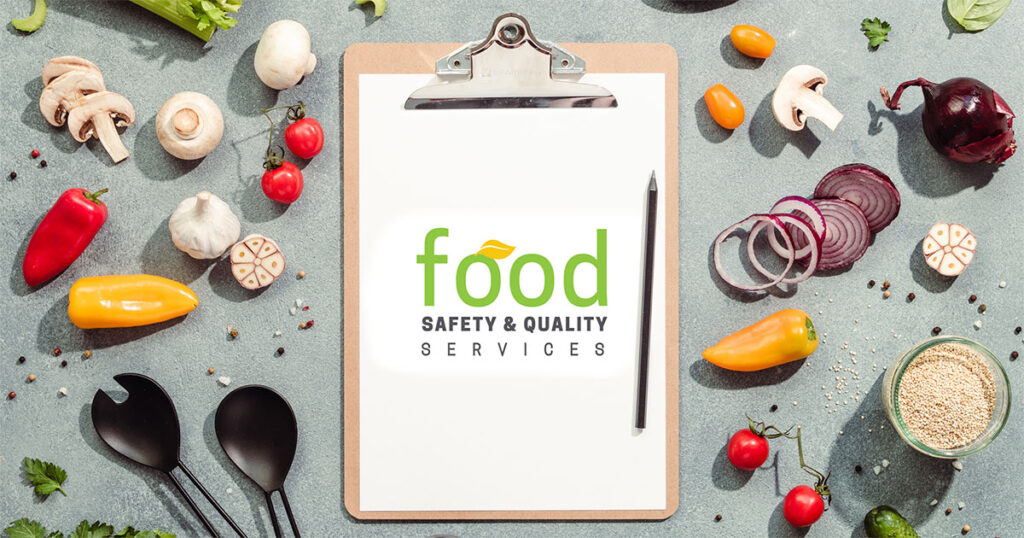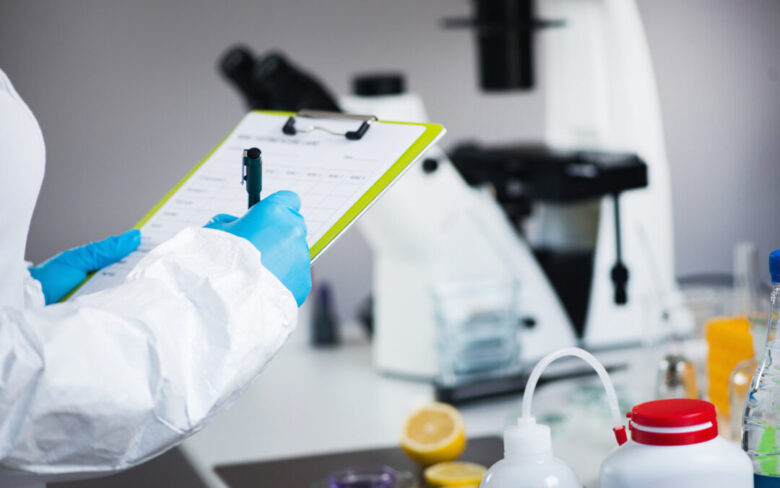In an increasingly complex global food landscape, ensuring food safety compliance is paramount for businesses involved in food production, processing, and distribution. The stakes are high, not only for public health but also for the reputation and financial viability of companies. This article delves into the essential role of food safety compliance services, the challenges faced by the industry, and the innovative solutions available to enhance food safety practices.
The Importance of Food Safety Compliance
Food safety compliance services are crucial for protecting consumers from foodborne illnesses and ensuring that food products meet regulatory standards. The global food safety testing market is projected to reach $31.1 billion by 2027, growing at a compound annual growth rate (CAGR) of 8.1% (source: MarketsandMarkets). This growth underscores the increasing awareness and demand for rigorous food safety measures.
Compliance with food safety regulations not only safeguards public health but also enhances consumer confidence. Businesses that prioritise food safety are more likely to build a loyal customer base, as consumers are increasingly aware of the importance of safe food handling practices. Moreover, non-compliance can lead to severe penalties, including fines and legal action, which can significantly impact a company’s bottom line.
In the United States, the Food Safety Modernization Act (FSMA) has established stringent requirements for food manufacturers, including the Foreign Supplier Verification Program. Approximately 70% of U.S. food manufacturers now utilise external food safety compliance services to meet these regulations (source: pmarketresearch.com). This trend highlights the growing reliance on professional support to navigate the complexities of food safety compliance.

Challenges in Food Safety Compliance
Despite the importance of food safety compliance, the industry faces numerous challenges. One significant issue is the lack of adequate funding and staffing for food safety initiatives. Darin Detwiler, a food safety advocate, noted, “We have always had a problem with having adequate funding and staffing for the level of complication that is food safety in the U.S.” (source: TIME). This shortage can hinder effective inspections and outbreak responses, putting public health at risk.
Recent developments have exacerbated these challenges. In April 2025, the U.S. Department of Health and Human Services laid off 10,000 workers, including 2,500 from the FDA, impacting key personnel involved in food inspections (source: TIME). Such reductions in workforce can lead to increased risks of foodborne illnesses and undermine the integrity of food safety programmes.
Moreover, the evolving nature of food supply chains, coupled with the rise of globalisation, adds another layer of complexity. Businesses must navigate varying regulations across different countries, making compliance a daunting task. This is where professional food safety compliance services come into play, offering essential support to help businesses meet regulatory requirements and maintain high safety standards.
More about: Food Safety Regulatory Compliance: What Every Business Must Know
Professional Food Safety Compliance Services
Professional food safety compliance services provide businesses with the expertise and resources needed to navigate the complex landscape of food safety regulations. These services encompass a wide range of offerings, including risk assessments, training, and auditing, tailored to meet the specific needs of each business.
One of the primary functions of these services is to conduct thorough risk assessments. By identifying potential hazards in the food supply chain, businesses can implement targeted strategies to mitigate risks. This proactive approach not only ensures compliance but also enhances overall food safety.
Training is another critical component of food safety compliance services. Employees play a vital role in maintaining food safety standards, and comprehensive training programmes can equip them with the knowledge and skills necessary to handle food safely. This includes understanding proper hygiene practices, safe food handling techniques, and recognising potential hazards.
Auditing and Inspection Services
Auditing and inspection services are essential for businesses seeking to verify their compliance with food safety regulations. These services involve a systematic evaluation of a company’s processes and practices to ensure they align with industry standards. By engaging third-party auditors, businesses can gain an objective perspective on their operations and identify areas for improvement.
Moreover, recent advancements in technology have enhanced the effectiveness of auditing processes. For instance, a machine-learned model called FINDER has demonstrated improved accuracy in health inspections, with restaurants identified by FINDER being 3.1 times as likely to be deemed unsafe during inspections compared to traditional methods (source: arXiv). This highlights the potential for technology to revolutionise food safety compliance and inspection practices.
Utilising Technology for Compliance
Technology plays a pivotal role in modern food safety compliance services. From data analytics to machine learning, innovative solutions are being developed to enhance food safety practices. For example, large language models (LLMs) have been configured to assist in preventing Campylobacter contamination across various stages of the food supply chain (source: arXiv). Such advancements enable businesses to leverage data-driven insights to improve their food safety protocols.
Additionally, digital platforms and software solutions are increasingly being adopted to streamline compliance processes. These tools can help businesses manage documentation, track inspections, and monitor compliance in real-time, reducing the administrative burden associated with food safety compliance.

The Future of Food Safety Compliance
The future of food safety compliance services is likely to be shaped by ongoing advancements in technology and an increasing focus on proactive measures. As the global food safety testing market continues to grow, businesses will need to adapt to evolving regulations and consumer expectations.
Furthermore, the integration of artificial intelligence and machine learning into food safety practices is expected to enhance the accuracy and efficiency of compliance efforts. By harnessing the power of data, businesses can make informed decisions that prioritise food safety and protect public health.
As the industry evolves, collaboration between businesses, regulatory bodies, and food safety advocates will be essential. By working together, stakeholders can develop comprehensive strategies that address the challenges of food safety compliance and ensure the safety of the food supply chain.
Conclusion
Food safety compliance services are an invaluable resource for businesses navigating the complexities of food safety regulations. With the increasing importance of food safety in today’s global market, investing in professional support is not just a regulatory requirement but a commitment to public health and consumer trust. By leveraging the expertise of food safety compliance services, businesses can enhance their safety practices, mitigate risks, and ultimately contribute to a safer food supply chain for all.
Learn more: Food Safety Regulatory Compliance: What Every Business Must Know
FAQs
Food safety compliance services are professional solutions that help businesses meet regulatory requirements, reduce risks, and ensure food products are safe for consumers.
They protect public health, enhance consumer confidence, prevent foodborne illnesses, and help businesses avoid costly fines or legal issues.
Businesses involved in food production, processing, distribution, or retail benefit from these services, especially those navigating strict regulations like FSMA or HACCP.
They typically cover risk assessments, employee training, auditing, inspections, documentation support, and the use of technology for monitoring and reporting.
Third-party auditors evaluate a company’s processes, identify gaps, and provide recommendations to ensure compliance with local and international regulations.
Technologies like digital record-keeping, data analytics, AI models, and real-time monitoring systems streamline compliance processes and improve accuracy.
Challenges include regulatory complexity, staff shortages, poor record-keeping, inconsistent training, and adapting to changing international standards.
HACCP principles are often central to compliance services, ensuring hazards are identified, monitored, and controlled at critical points in food production.
Industries such as food manufacturing, restaurants, catering, packaging, distribution, and import/export businesses rely heavily on compliance support.
The future will be shaped by AI, blockchain, advanced auditing tools, and a stronger focus on transparency and traceability in global food supply chains.


